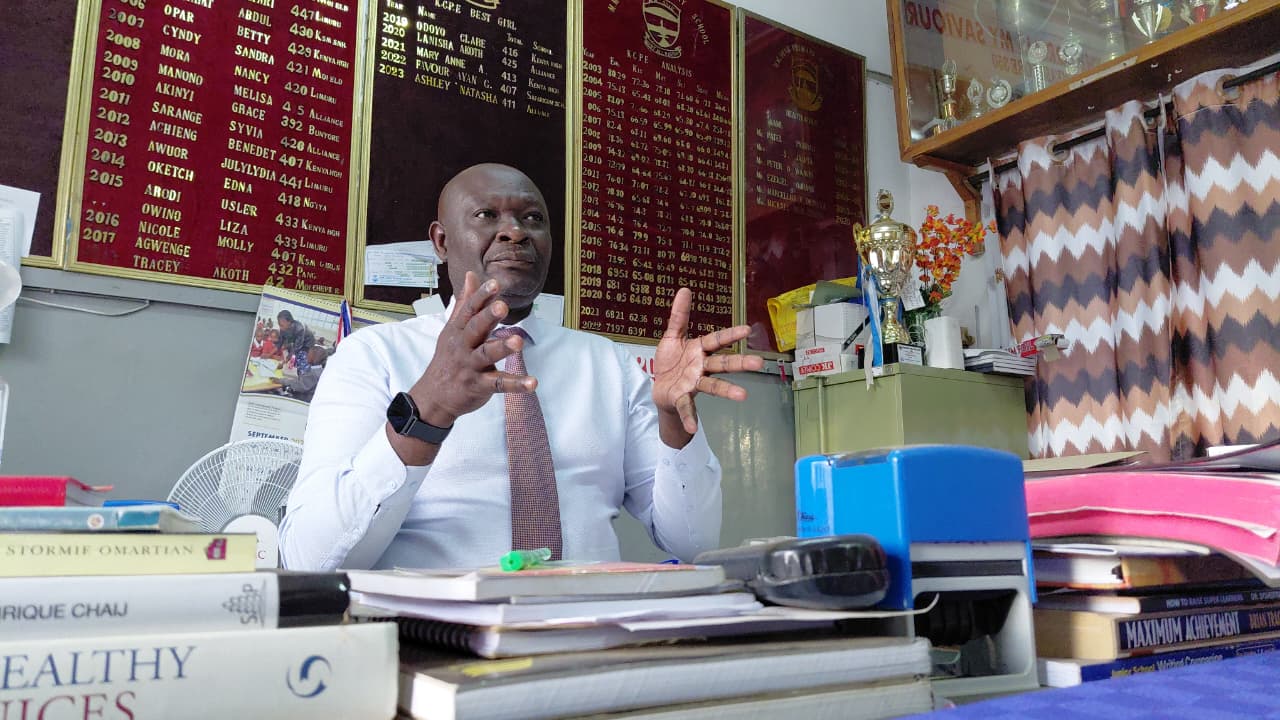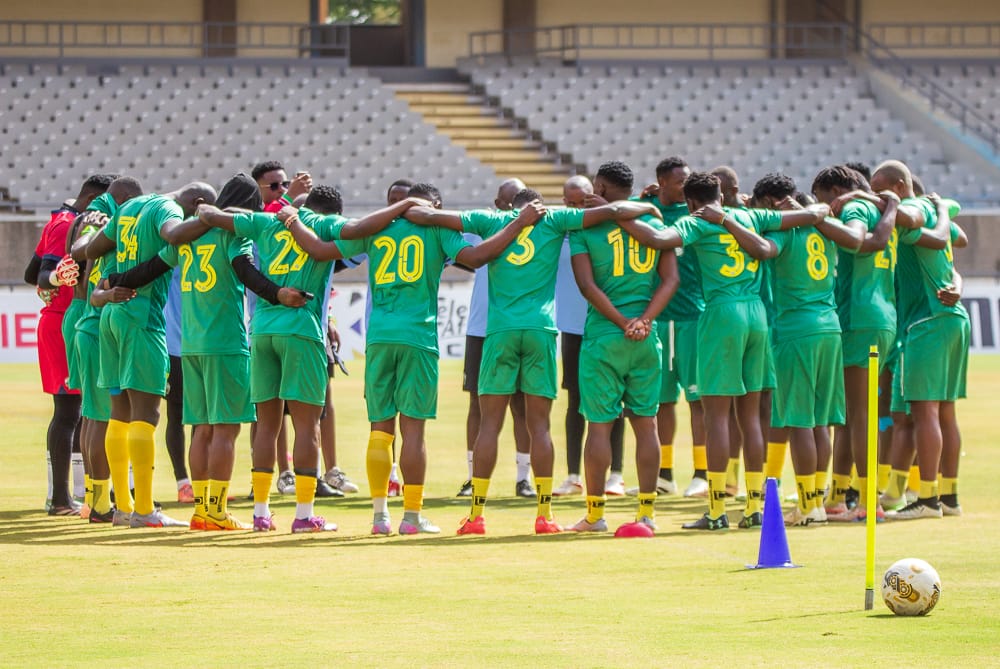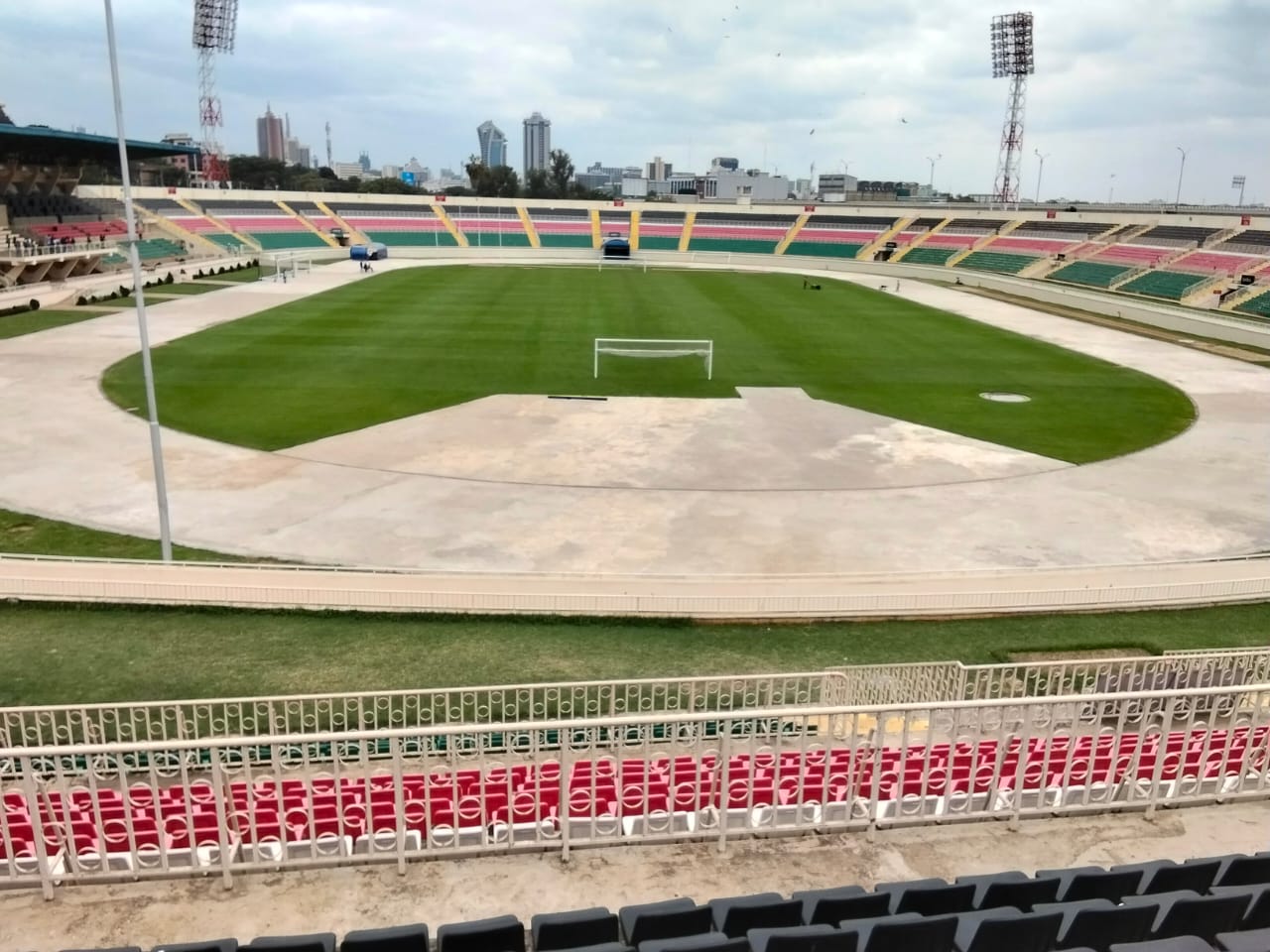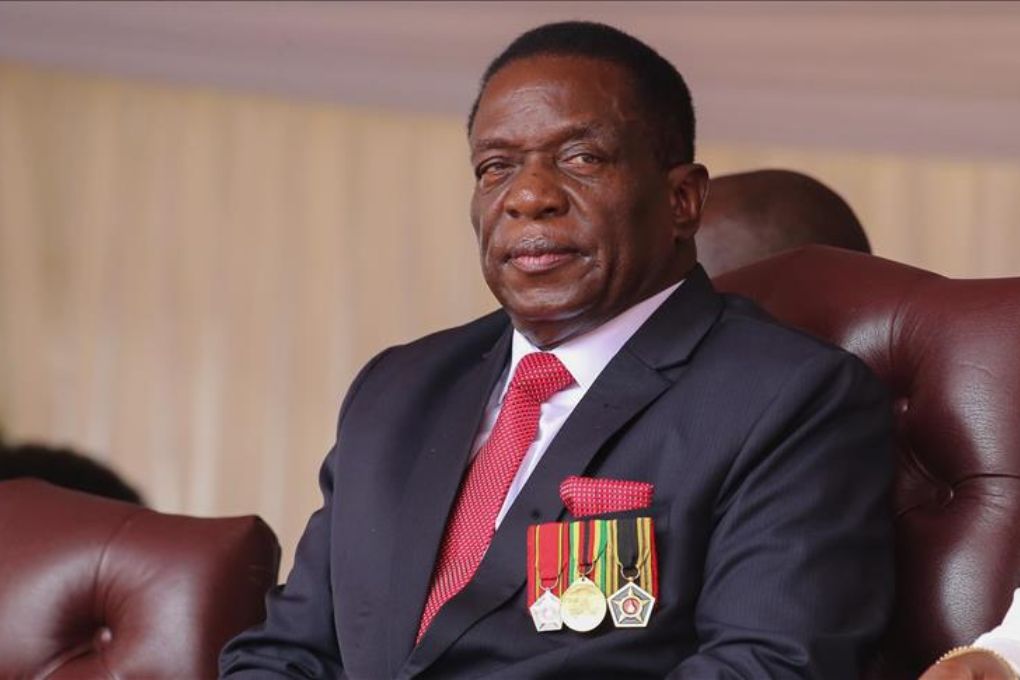When Michael Oriedi walks through the gates of MM Shah, he carries more than a title — he carries a dream. A dream of transforming the institution into a model of academic excellence, discipline, and holistic growth. For him, leadership in education is not about occupying an office; it is about leaving behind a footprint that shapes generations to come.
From chalk to change
In an exclusive interview with TV 47 Digital, the head of institution reflected on his career journey and the milestones achieved in schools where he previously taught. At every stop, his leadership left a mark: improved academic performance, a culture of discipline, and the introduction of innovative teaching approaches. These achievements, he says, were not accidental but the product of deliberate systems and values instilled across the school community.
“Every school is a living organism,” Oriedi explained. “The discipline, the vision, and the values you pour into it define the outcomes for both teachers and learners.”
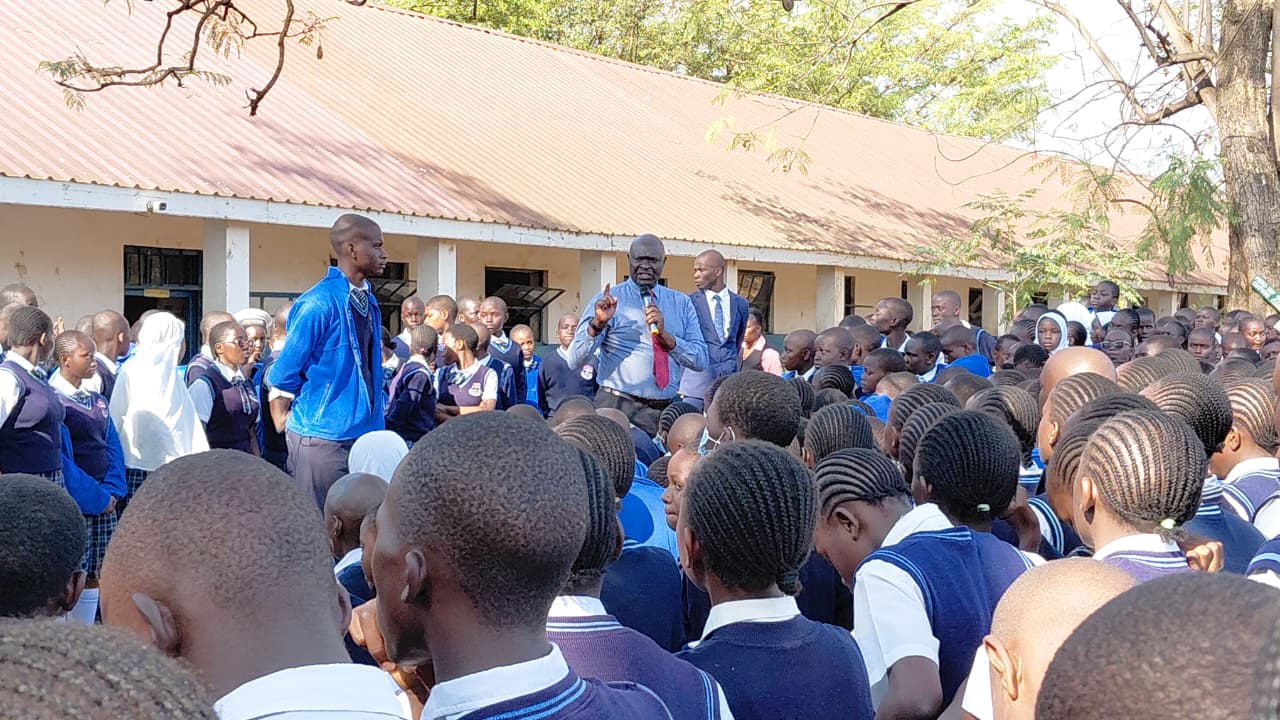
The parent’s perspective
Parents have taken note of these changes. “Discipline has improved tremendously since he came,” said Mary Atieno, a mother of two pupils at MM Shah. “Children are respectful, focused, and even at home, you can see the difference. He doesn’t just push for exams — he is shaping character.”
At MM Shah, Oriedi intends to replicate and build on his philosophy. While academic success remains important, he emphasizes a broader mission: nurturing well-rounded learners who excel not only in examinations but also in creativity and moral grounding.
This vision, he notes, aligns with the wider transformation taking place in Kenya’s education sector: the rollout of the Competency-Based Curriculum (CBC), integration of technology, and stronger parent-teacher collaboration.
“These changes are reshaping how education is delivered and received,” he observed. “They are making learning more practical, engaging, and relevant to today’s challenges.”
When numbers tell a story
His career as a teacher began in Nyang’anga Primary School in Siaya County back in 1994, where he rose through the ranks from a teacher, senior teacher, deputy headteacher, and eventually, the headteacher. For 16 years, his record there remains a landmark: new classrooms, electricity installation, drilling of water, improved academic performance, and a surge in admissions.
At Karapul Primary, his next stop, the numbers spoke loudly. In his first year, the school produced its first candidate scoring above 400 marks — a trend that soon became the norm. Enrollment jumped from 1,850 to 2,850, and the iconic storey building project was born under his vision.
“I am the brains behind the current tuition block at Karapul Primary,” he recalled. “I did the BQ, took the documents to Nairobi, and the area member of parliament followed them up. But before the project could be actualized, I was transferred to Kisumu County and posted to Nanga Primary School under the delocalization policy.”
At Nanga, he barely spent a year before he was reposted to his current station, MM Shah Primary and Junior Secondary School, but his application of Parent – Teacher relationship, student discipline and results, can be attested to date.
A learner’s voice
For pupils at MM Shah, Oriedi’s presence is felt in daily life. “Before, I was shy and never spoke in front of others,” said 15-year-old Stanley Ray, a grade 9 pupil from Stream Orange. “Now I lead debates and even help my classmates.”
“The teachers encourage us more, and we feel like our ideas matter,” adds Gian Oyiengo, a 14-year-old grade 9 pupil from Stream Yellow. “This has made me confident not just in school among fellow learners but even back in my community.”
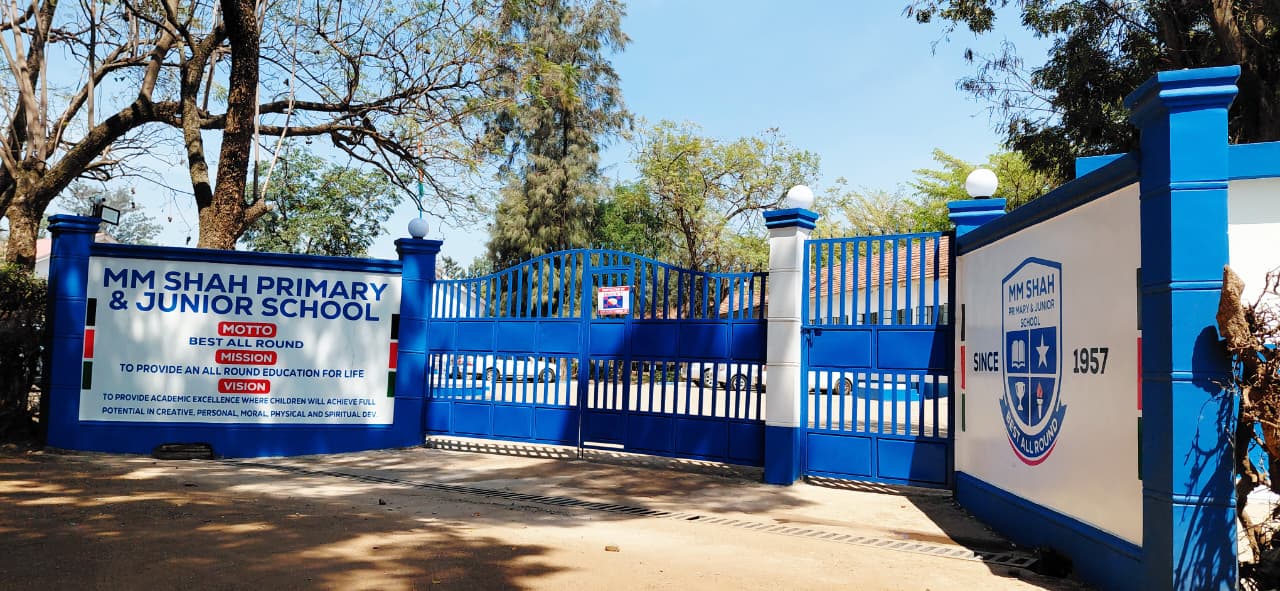
The MM Shah dream
At his current station, Oriedi has set his sights on building an environment that reflects balance between academic achievement and personal growth. His strategies include empowering teachers through continuous training, strengthening mentorship programs, and promoting resilience and self-confidence among learners.
“Education is the greatest equalizer,” he remarked. “Our duty is to make sure every learner who passes through these gates leaves not just with a certificate, but with values, confidence, and the hunger to impact society.”
What stands out in Oriedi’s vision is his focus on legacy. He repeatedly stresses that leadership is not about tenure but about what one leaves behind. For him, success will not be measured solely by examination rankings but by whether MM Shah can sustain a culture of excellence long after his tenure ends.
“My mission is to ensure MM Shah remains a beacon of promise for generations to come,” he said with conviction.
The challenge to schools
Yet, herein lies the paradox. In Kenya, the teaching profession — despite its undeniable impact — is too often demonized. It is a calling frequently overshadowed by unrests over low or delayed salaries, weighed down by public ridicule, and subjected to harsh judgment over the state of schools and fluctuating academic outcomes. Teachers, who hold the future in their hands, are at once celebrated as nation-builders and condemned as the face of systemic failures.
“Good teacher-parent relations are necessary for performance in every school. It is designed that interaction between parents and teachers starts at the class level, and this is by design to ensure teaching, learning, and pupil/student welfare are effectively handled,” says Lawrence Karuntimi, the Nyanza regional director of education.
He further explains that the parents’ role in the running of any school is central. They are major stakeholders in any basic education institution and are deeply involved in all facets of management.
“They derive their mandate from the parents’ body through elections. The Board of Management has six members who represent parents. Also, the chair of the PA and two other executive members are co-opted to the BOM. This means that in every BOM, parents are represented by at least nine persons. Thus, parents are unlikely to be in disharmony with the school’s operation unless all these organs are dysfunctional,” he emphasizes.
Joseph Wasikhongo, the National coordinator at Elimu Yetu Coalition emphasizes the importance and the deliberate call for a multistakeholder’s approach, putting Teacher – Parent relationship strategy at the centre of it.
“A good education system provides wholistic development to a child. This means that the child’s growth is viewed from nurturing them physically, emotionally, socially and addressing their cognitive development. The later which constitutes academic, presents the traditional relationship around which parent- teacher engagement subsists, however, it is now evidently clear that the physical and social- emotional components are very crucial,” he says.
“This then calls for a close engagement between the teacher and the parent as the world of a learner is twofold; home and school. That a learner spends most of the time at school therefore means that teacher must be tuned to and be interested in his/her physical, emotional and social wellbeing, an aspect that the teacher cannot do alone except through the cooperation of the parent. This cooperation yields better outcomes for the child,” he adds.
Mr. Oriedi’s journey is proof that school leadership is not about titles but about vision and sacrifice. His model of discipline, innovation, and holistic growth is a challenge to primary school principals across the country: to lead with purpose and to shape futures, not just manage institutions.
Yet, such leadership cannot stand alone. The Ministry of Education must match this energy with stronger policies, resources, and support to ensure schools do not rely solely on individual heroes.
Oriedi has lit the path. The question is whether his colleagues will rise to the call — and whether the ministry will finally act.


